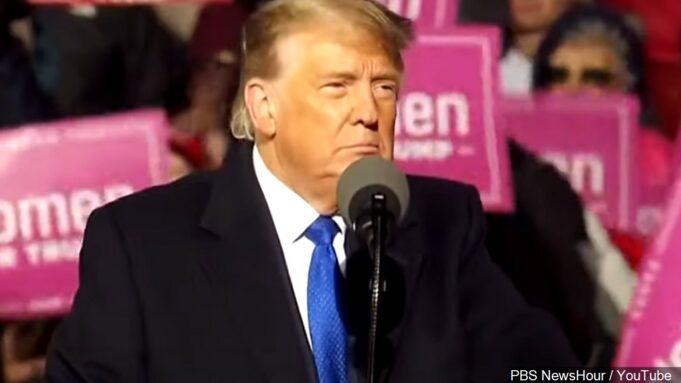Panelists convened virtually by the Institute of the Black World 21st Century and shared thoughts on the 2020 presidential election in what was billed as the first Black town hall meeting in the aftermath of historic voting.
Many on the largely pro-Biden panel admitted there would be challenges to have the party answer Black interests and it would take a united effort to get the best outcome.
Their online conversation, moderated by Sirius XM and Make It Plain podcast host Mark Thompson and economist and writer Julianne Malveaux, was sponsored by the institute and Dr. Ron Daniels, its executive director. It included some major Black mainstream groups and actor and activist Danny Glover, who has a longstanding relationship with the Institute of the Black World 21st Century.
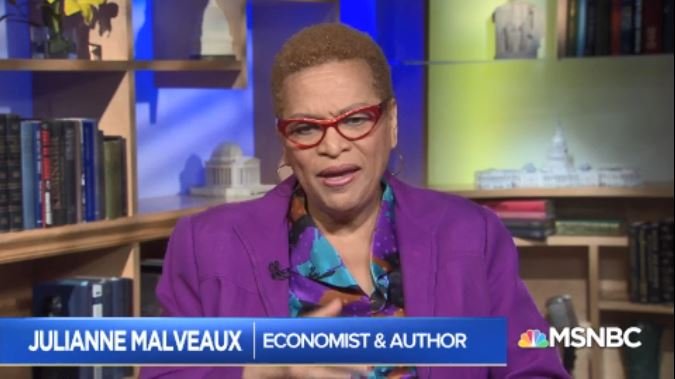
The discussion ranged from talk of the racial climate in the country to impressive Black turnout that saved Mr. Biden to the Covid-19 epidemic and other varied topics.
Participants included Dr. E. Faye Williams of the National Congress of Black Women, Marc Morial of the National Urban League, Derrick Johnson of the NAACP, Melanie Campbell of the National Coalition for Black Civic Participation, Rev. Dr. Sheridan Todd Yeary of the Rainbow PUSH Coalition, Marbre Stahly-Butts who is Policy Table Convener for the Movement for Black Lives, hip hop activist Jasiri X of One Hood Media Center, Atty. Janice Mathis of the National Council of Negro Women, Barbara Arnwine of the Transformative Change Coalition, Fredrica Bey of Women In Support of the Million Man March, Larry Hamm of the People’s Organization for Progress, and Pastor Michael McBride of Faith in Action.
Newark Mayor Ras Baraka provided a virtual welcome to his city during the Zoom platform session representing the “State of the Black World Conference V: National Town Hall Meeting Assessing the Impact of the 2020 Presidential Election on Black America and the Pan African World.” The session was held Nov. 5. No winner of the presidential election had been declared at the time.
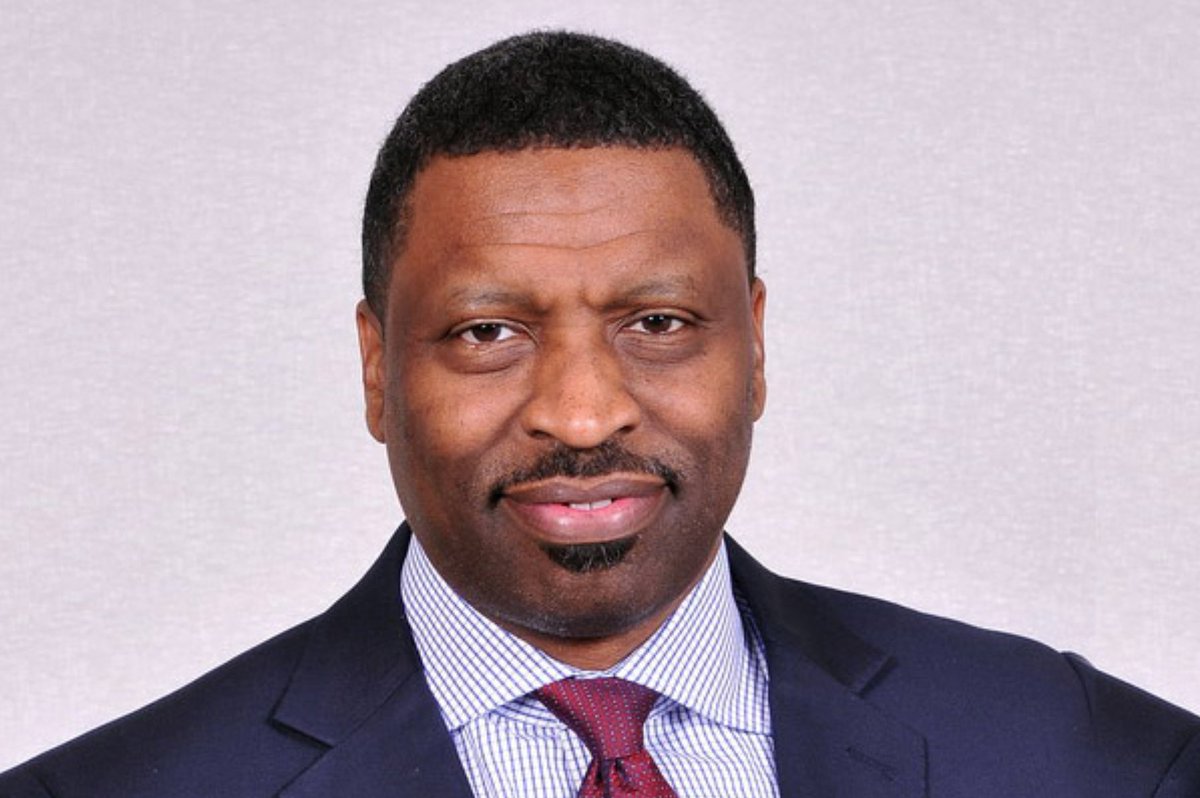
“We have to have a national agenda folks. We have to put all our differences aside and come together. We need the agenda tied to an international agenda. So, we can’t just be talking about what’s good for us here. We got to fight with each other and struggle with each other until we come up with an overall plan,” said Mayor Baraka.
It was in some ways ironic to hear panelists talking about a Black agenda or action plan when such talk was shunned prior to Nov. 3 voting for fear it might hurt former Vice President Biden’s chances to win or in some way dull Black turnout.
“We need to fight for representation in every cabinet, every position, every institution we’d like to be represented in this country. And then we have the right to define for ourselves and develop for ourselves to build for ourselves. And that is self-determination,” Mayor Baraka added.
The record setting voter participation among pro-Trump and anti-Trump forces and White voters embrace of Mr. Trump, despite his racial antics and failure to condemn White supremacists and insults to Black athletes, Black female politicians, illustrated again how deeply White supremacy culture was in the United States, said some.
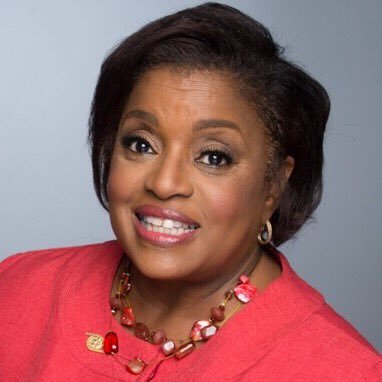
Ms. Stahly-Butts of the Movement for Black Lives declared, “I think what this election and every election is a reaffirmation of the anti-Blackness that this country is founded on. I think systematically and institutionally these elections also remind us and regurgitate for us, how every part of this system is inherently anti-Black. Take the electoral college, which was created for the sole purpose of preserving the privilege and the power of White slave owners at the founding of this country. We also know the Supreme Court, it’s also a relic of White supremacy for the same reasons.
“And so I think it’s important that we say that this election is yet again a reaffirmation, even with Biden winning is a reaffirmation of the White supremacy that undergirds every single system,” she added.
“And so I think our job now is really to focus on how do we demand a radical, and I say radical in the Ella Baker sense grasping at the roots of this system, how do we demand a radical change from whoever takes office? And I think that happens with organizing. So how do we support all people who are in the streets? When we say by any means, we mean, by all means, the vote, the streets, every single method and tactic that we can use to get free.”
On Nov. 7 news outlets began reporting Mr. Biden had won Pennsylvania giving him 290 over the magical number of 270 for the electoral college votes. Mr. Biden currently had a nearly five million ballot lead in the actual popular vote. Late night Nov. 6, the Associated Press reported Mr. Biden had garnered 50.6 percent of the popular vote or 74,792,854 ballots. President Trump was credited with 47.7 percent of the popular vote or 70,532,447 ballots cast. Mr. Trump captured more popular votes than Barack Obama winning the White House with 69.4 million votes in 2008. Mr. Biden captured more of the popular vote than any American presidential nominee.

Newark organizer Larry Hamm pointed to a positive that he said came out of the election. “The election has had a positive impact in the sense that it propelled us into the streets. And this also served as a basis for community organizing. So, the election helped us in our community organizing work in our base building,” he said.
What was not lost in the discussion was the critical role Black women played in the 2020 presidential election. “Black women in South Carolina selected Joe Biden to be the nominee, essentially it was Black women in South Carolina,” said Janice Mathis, referring to how a victory in South Carolina’s Democratic primary resurrected a flagging and losing Biden campaign. “We put him back in the game when it looked like he was down for the count. And it was Black women who demanded that a Black woman is on the ticket as vice president with him and history will eventually write, it was Black women,” she said.
“The number one characteristic of leadership is courage. And it’s a season for us coming together and putting whatever our differences might be aside so that we can preserve what our inherited right is. I am more American than anybody at the White House,” Ms. Mathis added.
For panelist Todd Yeary, continuing civic engagement was a key point. “If we don’t come up with a comprehensive strategy and to understand that politics is the equivalent of economics, it is a framework that protects the interest. Then we will never get what we’re supposed to have. We have to remember that in contract law, the way you have a valid contract, there’s an offer and acceptance with consideration. We keep giving the exchange, but we don’t ever get anything in return,” he noted. “What do we get back now for having protected the integrity of the electoral process and to make sure that we rid ourselves of the burden of a presidency that has taken us so far back in time and that the dinosaurs could come back to life? And so we’ve got to wrestle with this thing to be better at civics all the way around, not just elections. What happened down ballot?” Mr. Yeary asked.
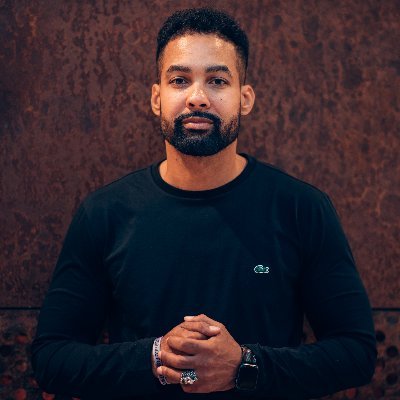
Instead of an expected blue wave of Democratic victories that would take back the House and win back the Senate, the GOP and Democrats were facing a two seat run-off election in Georgia for the Senate and the GOP cut into the Democratic majority in the House. Republicans also held on to their control of state legislatures and largely control of rewriting congressional maps to coincide with the 2020 Census.
Pastor McBride pointed out that all Democrats have not been friends to Black people and called for vigilance. “Yeah, I think it would be great for us, even as we talk about how we move these agendas along, to keep reminding ourselves that there are multiple constituencies within the Black community and particularly with Black men,” he said. “I think it’s essential for our analysis to continue to hold that a lot of our young Black men and older Black men are still bearing within their body and their families, in their psyche, the kind of policy decisions that have been championed by Democrats and others that have led to not only our actual incarceration but our continued mass criminalization.”
“And we still have not come to grips with that, even with apologies, much less reparations of radical repairing of how we are building the social contract with Black men who are continually finding themselves in the crosshairs of these kinds of systems. They don’t even talk to these Black men,” Pastor McBride observed.
The wide-ranging dialogue included a discussion about the role of hip hop culture led by Jasiri X. He noted succinctly, “We still have to continue the process of liberation when it comes to our communities. All of these systems, every single one, are not built for us to progress, policing, education, housing, all levels are not made for us to succeed and thrive,” he said. “We need to support artists that are speaking towards the liberation of our community, whether they rap, sing, gospel, R&B, play the piano, whatever. Those are the ones we should support because then we can call on them to use their platform to do good in our community. Many artists have done an outstanding job; shout out to artists like John Legend and Alicia Keys, and those artists that have been using their platform to get the word out. Those are the people we need to continue to support and to hell with all of the Negroes that stood next to Donald Trump. We should put cancel culture in effect right now,” he said.
The importance of a President Biden’s first 100 days, and his use of executive orders to promote substantive change was talked about.
“I do believe the first 100 days of the next presidential administration needs to have a united front by us as Black people. We should not have 10 agendas and 10 organizations, and 10 campaigns in the first hundred days. We need to demonstrate the power of our collectivity. And so I do hope that the Black Church PAC and many of the other organizations that we already work with collectively here together, we can help, align and inform the plan,” said Pastor McBride. “But I do think we should coalesce around a couple of issues for the first 100 days that allow us to show up together with power in demand and extract something that is tangible and creates material conditions for our people.”
“There’s a lot of executive power that we’ve learned that the president has and that he can use instead of fighting through a Congress that may have a crazy Senate,” commented Barbara Arnwine. “So, I want us to think about those executive orders we need. We know we’ve got to fix the Voting Rights Act. We know we got to pass some version, a revised version of H.R. 40 (a House bill to study reparations for Blacks). We need a better version of the George Floyd Justice and Policing Act. There’s a whole lot of stuff that we should be on top of, in addition to who gets appointed judges, all these other big issues. We got to be on these executive orders ASAP,” she said.
Actor and activist Danny Glover closed the town hall by talking about the need to form coalitions. “We have the opportunity to not only build our communities but to help other progressive communities to change as well. We have to figure out how we can be creative in these other relationships, finding coalitions, because housing will affect everybody. When we talk about job creation, when we talk about infrastructure expansion and redevelopment, all those things will be on the table, and we have to navigate through it as it affects us all. If Biden does win this election, we would have to thank Phoenix, Arizona’s Latinx community. They are the ones that have been organizing for years, years, and years, poor people, working people,” Mr. Glover noted.
Not lost in the discussion was the pivotal role played by Black people in the outcome of the election. It was summed up best by Mayor Baraka, who observed, “This is a case of the chickens coming home to roost. The very people he (Mr. Trump) tried to prevent from voting as they are waiting for the votes in Philadelphia to come in, as they wait for Atlanta’s votes to come in. They wait for the votes in Las Vegas to come in, and they wait for Black and Brown and working people. All the people he tried to prevent from voting are the very people who are going to throw him out of there. And I think that is incredibly ironic, and it’s God’s work.”
Dr. Daniels seconded the importance of a new administration’s first 100 days and mentioned a follow-up conference. “We got to stay on top of this. And so, we will be looking at the first 100 days in terms of having another national town hall meeting so we can see what’s happening,” Mr. Daniels concluded.












